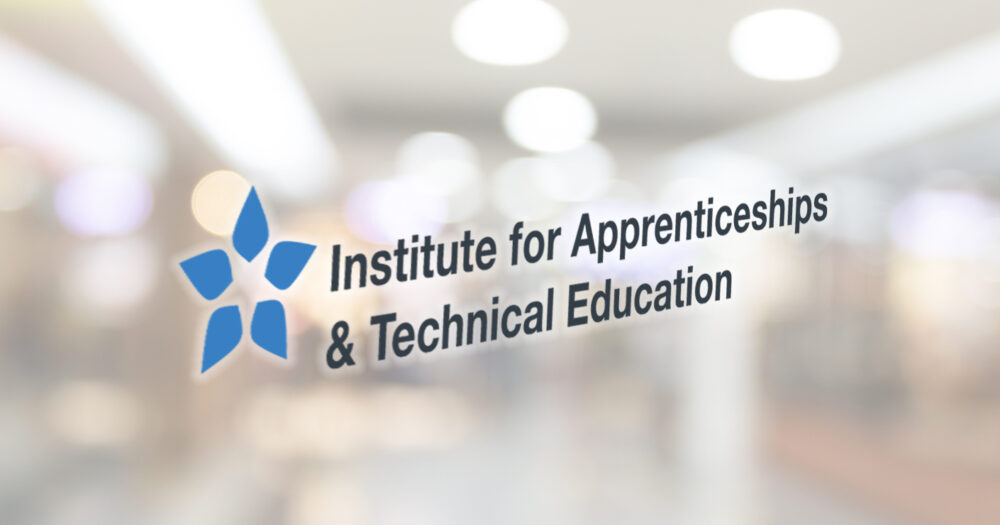The Institute for Apprenticeships and Technical Education has today published its annual accounts for 2019-20, revealing a substantial pay discrepancy between the quango’s former and new chief executive.
This is the third year of the institute’s existence.
Here are five things we learned from the accounts.
1 – Sir Gerry was paid £20k more than the institute’s new CEO
The institute parted ways with its first chief executive, Sir Gerry Berragan, in November. Despite leaving just over half-way through the financial year, he earned himself a £5,000 bonus.
But what is most notable is the difference in his pay with new IfATE boss Jennifer Coupland. Berragan was paid between £140,000 and £145,000 a year, whilst Coupland is now on £120,000 to £125,000.
The accounts provide no explanation for the pay discrepancy.
2 – Costs and staff numbers increase owing to T Levels
The institute’s accounts show that its costs have increased by £6.3 million from £13.5 million to £19.8 million this year, which reflects “our additional workload, most specifically in relation to T Levels”.
The institute’s role expanded to technical education in 2019.
The increase in costs can mostly be attributed to a growing staff headcount – which rose from 146 permanent employees in 2018-19, to 167 in 2019-20.
“Programme costs” have also shot up from £1.7 million to £4.3 million. The accounts explain the most significant increase in programme costs has been “£1.6 million of expenditure incurred in respect of T Level contracts” to awarding bodies.
3 – EQA charges total £420k
The institute is itself an external quality assurance provider for apprenticeships, but contracts this work out to awarding organisation Open Awards.
A controversial fee of £40 is charged to end-point assessment organisations for each apprentice Open Awards quality assures.
The accounts show that for 2019-20, the institute recorded income of £420,000 for EQA charges, which means around 10,500 apprentice were quality assured by the IfATE in that year.
The institute has previously said the £40 charge is on a “cost-recovery basis” only.
4 – Number of appeals go down
Trailblazer employer groups can seek a ‘Procedural Review’, formerly known as an appeal, of a decision or recommendation made by the institute, which usually relate to funding bands for apprenticeship standards.
In total the institute received 29 requests for a Procedural Review in 2019-20, compared with 37 in 2018-19.
Just three of the requests were granted.
5 – IfATE to move in with DfE?
The accounts state that the lease on the institute’s offices in central London is up in March 2021. The premises costs increased from £1.2 million to £1.7 million in 2019-20.
The institute is now “currently planning” on moving to Sanctuary Buildings, the offices of the DfE, to be “closer to our DfE colleagues”. The aim is to finalise this move “without disruption to our activities towards the end of the financial year”.
The goal of this move is to provide “value for money and flexibility for our staff and our stakeholders”, the accounts add.









Your thoughts